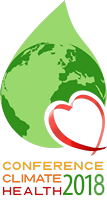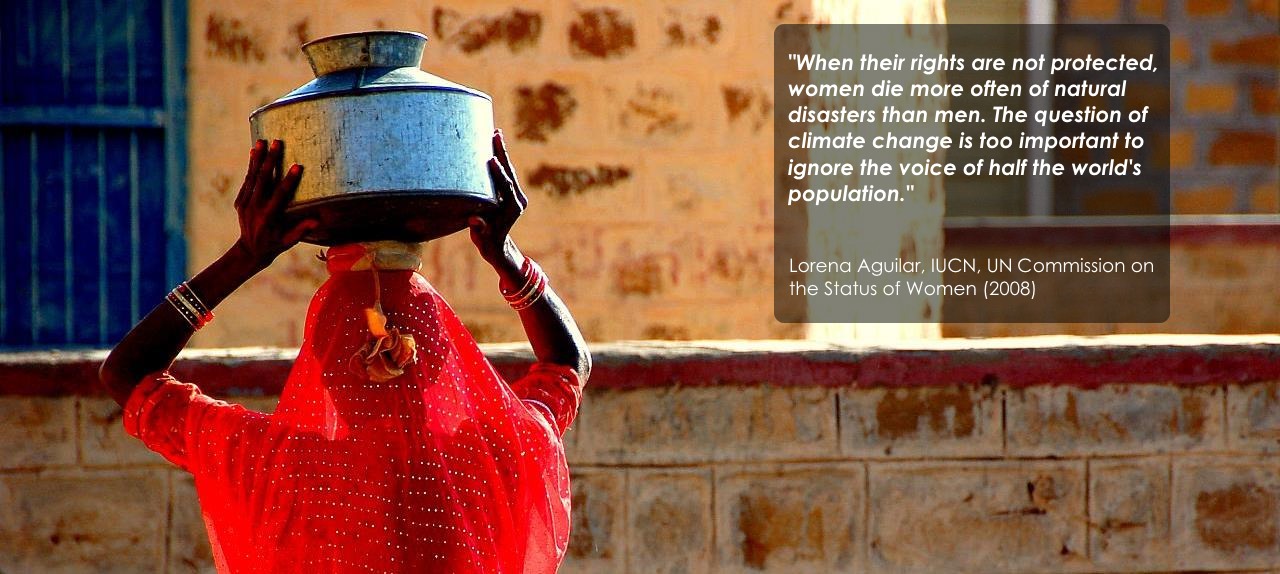The increase in extreme weather events and in climate-induced habitat degradation has a staggering effect on health risks and inequalities in access to health around the planet: population resettlements, increase in epidemics and new diseases, disorganised healthcare systems, large-scale humanitarian crises…
Between 2030 and 2050, climate change is expected to cause approximately 250 000 additional deaths per year, from malnutrition, malaria, diarrhoea and heat stress. The direct damage costs to health (i.e. excluding costs in health-determining sectors such as agriculture and water and sanitation), is estimated to be between US$ 2-4 billion/year by 2030. According to WHO, ambient air pollution alone causes about 3.2 million deaths every year, which is more than AIDS and malaria combined.
Areas with weak health infrastructure – mostly in developing countries – will be the least able to cope without assistance to prepare and respond. Nevertheless, many policies can reduce greenhouse gas emissions and produce major health co-benefits, by choosing cleaner energy systems, promoting public transportation and active lifestyles, as well as environmentally friendly food.
Although public health is a crucial concern for mankind, the health-related effects of climate change have not yet triggered sufficient public awareness or pro-active response. Women are particularly affected: beyond their traditional role as primary caregiver, they are more vulnerable to poverty, and thus, to the sanitary, economic and social consequences of global climate change.
Aware that the situation calls for strong and immediate action, 3 networks Femmes & Développement Durable (Women and sustainable development), SupplémentdElles and Femmes, Débat & Société (Women, Debate and Society) have committed to raise awareness about COP 21 stakes and solutions. Our goal:
- To integrate a female and committed perspective on climate change issues
- To propose solutions and contribute to the public debate by launching a call to alert stakeholders and decision-makers
- To collaborate with public authorities, the business community, the civil society and citizens to build capacity to reduce the sanitary risks induced by climate change.

